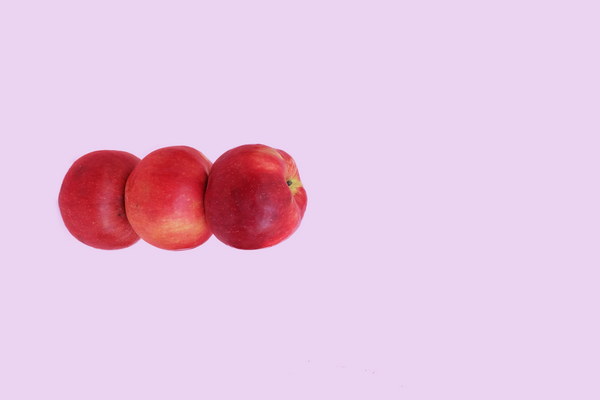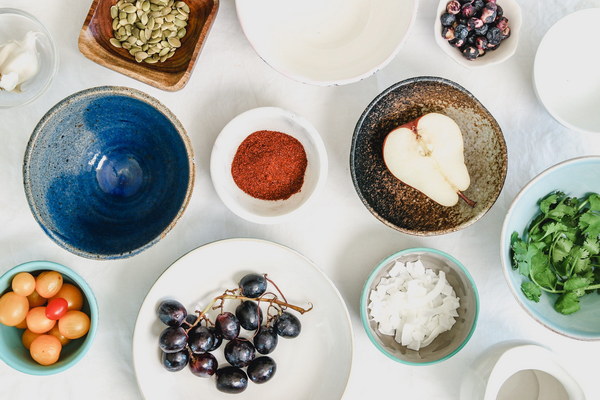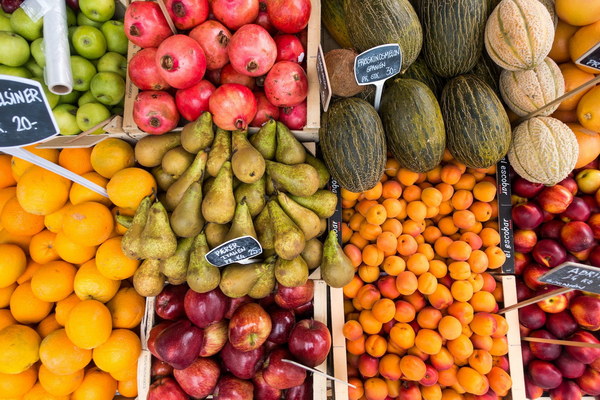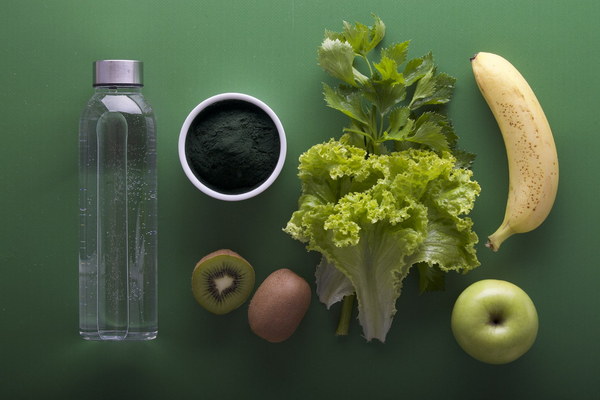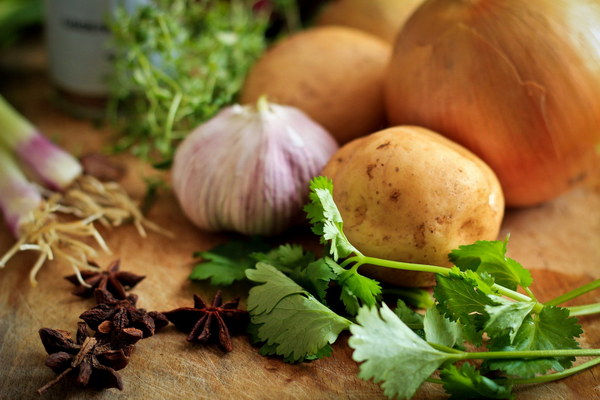Unlocking Liver Health A Comprehensive Guide to Liver-Care Diet
Introduction:
The liver is a vital organ responsible for detoxifying the body, producing bile, storing glucose, and regulating protein synthesis. Maintaining optimal liver health is essential for overall well-being. One of the most effective ways to care for your liver is through diet. This article provides a comprehensive guide to liver-care diet, offering practical tips and suggestions to help you nurture your liver and keep it functioning at its best.
1. Opt for a balanced diet:
A balanced diet is crucial for liver health. Incorporate a variety of fruits, vegetables, whole grains, lean proteins, and healthy fats into your meals. This ensures that your body receives essential nutrients while reducing the risk of liver disease.
2. Reduce alcohol consumption:
Excessive alcohol consumption can lead to liver damage and conditions such as fatty liver disease and cirrhosis. Limit your alcohol intake to moderate levels, or better yet, avoid alcohol altogether.

3. Limit processed foods:
Processed foods are high in unhealthy fats, salt, and sugars. These substances can put stress on the liver and increase the risk of liver disease. Minimize the consumption of processed foods and opt for whole, unprocessed alternatives.
4. Increase fiber intake:
Fiber helps to reduce cholesterol levels, lower blood sugar, and improve digestion. High-fiber foods, such as fruits, vegetables, legumes, and whole grains, can help to reduce the risk of fatty liver disease.
5. Choose healthy fats:
Healthy fats, such as omega-3 fatty acids, can help to protect the liver and reduce inflammation. Incorporate sources of omega-3 fatty acids, such as fatty fish, flaxseeds, chia seeds, and walnuts, into your diet.
6. Avoid high-fructose corn syrup:
High-fructose corn syrup is a common sweetener found in many processed foods and beverages. Excessive consumption of high-fructose corn syrup can lead to fatty liver disease and other health issues. Read food labels and opt for foods with natural sweeteners, such as honey or maple syrup.
7. Stay hydrated:
Drinking plenty of water is essential for liver health. Water helps to flush out toxins from the liver and maintain proper liver function. Aim to drink at least 8 cups of water per day.
8. Limit caffeine and artificial sweeteners:
Caffeine and artificial sweeteners can place additional stress on the liver. Limit your consumption of these substances and opt for healthier alternatives, such as herbal tea or natural sweeteners.
9. Incorporate liver-friendly foods:
Certain foods are known to support liver health. Incorporate the following liver-friendly foods into your diet:
- Artichokes: Contain cynarin, a compound that stimulates bile production and helps to remove toxins from the liver.
- Milk thistle: Rich in silymarin, a compound that helps to protect the liver and improve its function.
- Leafy greens: Spinach, kale, and other leafy greens contain chlorophyll, a substance that aids in liver detoxification.
- Berries: High in antioxidants, berries can help to reduce inflammation and support liver health.
10. Consult with a healthcare professional:
If you have any concerns about your liver health or diet, it is essential to consult with a healthcare professional. They can provide personalized advice and recommend any necessary dietary changes or supplements.
Conclusion:
Maintaining liver health through diet is essential for overall well-being. By following the tips and suggestions provided in this article, you can nurture your liver and reduce the risk of liver disease. Remember to consult with a healthcare professional for personalized advice and support.



